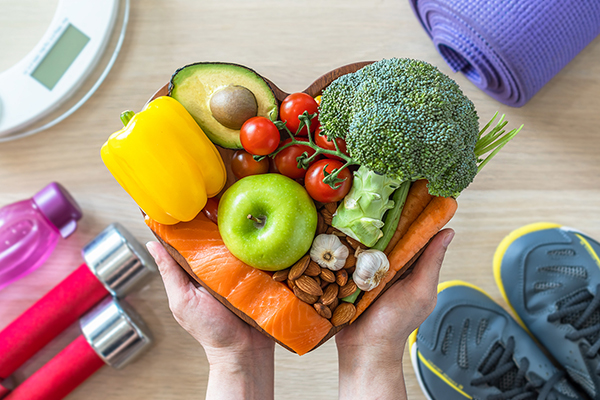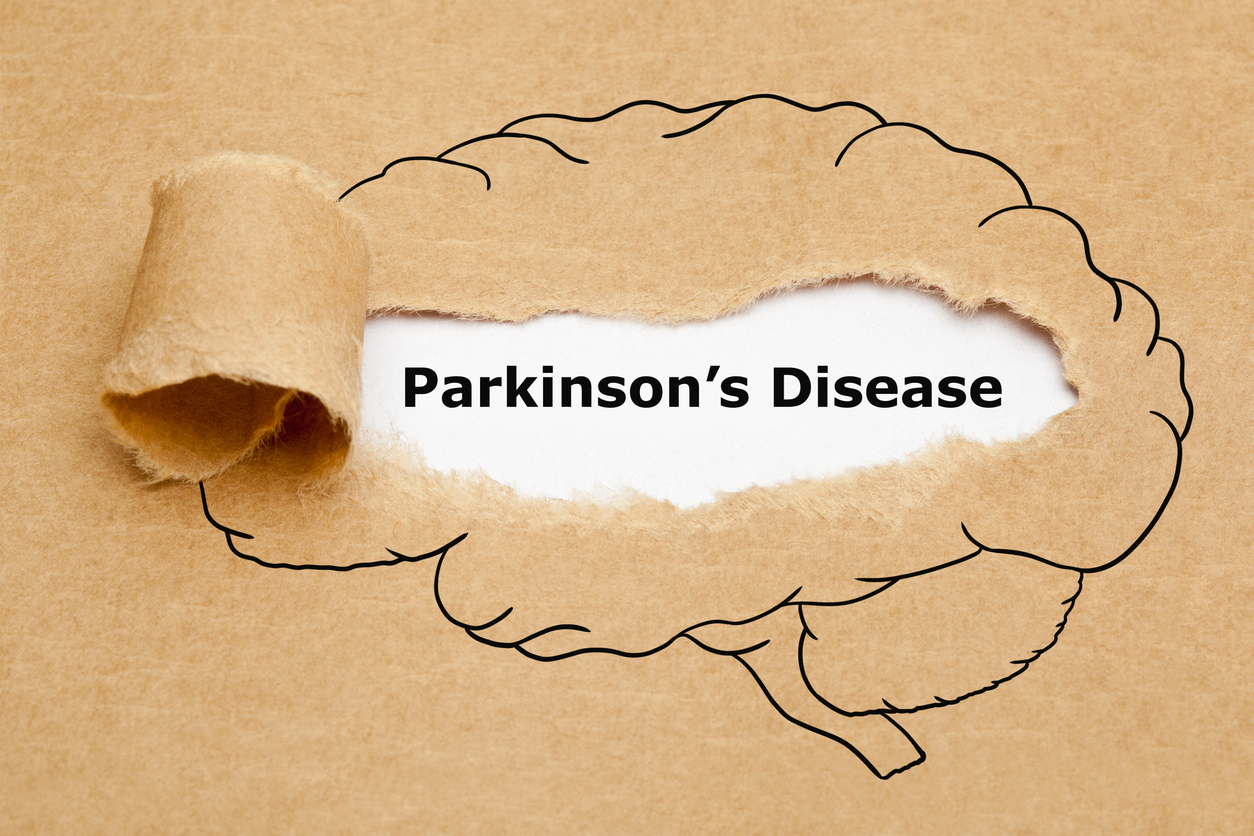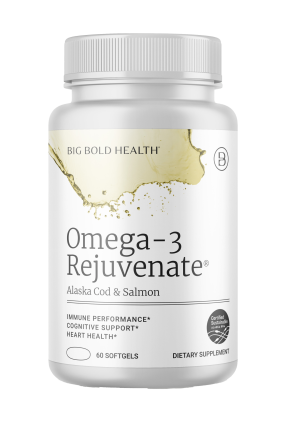ImmPower – AHCC to increase natural killer (NK) cell activity and immune support. One capsule twice daily.
AHCC (Active Hexose Correlated Compounds) are beta glucan compounds derived from mushrooms. They specifically activate NK cells, which combat infections and cancer. In Japan, AHCC is used extensively as a medication to support immunity in cancer patients undergoing chemo and radiation.

In research performed at Drexel University in Philadelphia, AHCC was found to increase flu survival in experimental animals, to minimize symptoms and to hasten recovery.
Probiotics – Beneficial bacteria/flora to help achieve and support optimal immune function. One to six probiotic capsules daily depending on symptoms.
A little appreciated fact is that 70 percent of our immune system is located within the GI tract, predominantly in Peyer’s Patches that line the gut with immune tissue. These defense sentinels constantly sift the intestinal contents for immune messages. Probiotics prime the intestinal immune system for normal resistance.
Studies have shown that merely by taking probiotics, upper respiratory infections can be reduced in severity and frequency. One such study from Scandinavia demonstrated that office workers experienced less absenteeism when supplemented with probiotics.
Vitamin D -The “antibiotic vitamin,” critical to optimal immune function. 5,000 IU daily through cold and flu season.
If you’ve listened to Health Talk, you’ve heard my interviews with Dr. John Cannell of www.vitaminDcouncil.com discussing the immune-protective benefits of D.
He discovered this serendipitously, while undertaking vitamin D research on psychiatric inpatients under his care. When a flu epidemic ravaged his hospital, only his patients receiving generous doses of D were spared.
New research, out of Oregon State University, demonstrates that our primate ancestors evolved to utilize vitamin D for immune protection 60 million years ago. Vitamin D primes the immune system to fight pathogens but also puts the brakes on out-of-control immune responses. That’s why it’s helpful as an immune modulator in auto-immune diseases such as rheumatoid arthritis and MS.
Dr. Cannell believes, and I concur, that when the flu strikes, early administration of 50,000 IU daily for three consecutive days is safe and effective for blunting flu severity in adults.
Vitamin C – Fights infections and facilitates healing. Lessens symptoms and severity of colds and flu. 2,000 mg to 10,000 mg daily as tolerated.
When I asked Dr. Cannell on my show about Linus Pauling and vitamin C, Cannell deadpanned: “Pauling was right, he was just off by one letter.”
Nonetheless, vitamin C still occupies an important place in immune support. Intravenous vitamin C is a mainstay at the Hoffman Center when we try to combat acute and chronic viruses such as mononucleosis, hepatitis and HIV.
Only guinea pigs and humans require outside vitamin C when sick–all other mammals synthesize it in their livers. When animals are sick, they boost hepatic synthesis of C by as much as 60-fold, underscoring the vitamin’s essentiality in responding to infection.
N-acetylcysteine – Suppresses cold and flu symptoms and reduces mucus accumulation. 1,500 mg – 6,000 mg daily.
N-acetyl-cysteine, or NAC, is considered a medication in Europe, where it’s used for respiratory conditions. It has mucus-thinning and antioxidant effects. The flu depletes glutathione, especially when you take Tylenol, and NAC restores it. NAC relieves flu-related fatigue.
Olive leaf extract – Potent antibacterial, antimicrobial and antifungal. Olive leaf is a natural antibiotic agent. 500 mg – 3,000 mg daily.
The olive is known as the Tree of Life, and olive leaf extracts have long been known for their anti-microbial effects. In the ’60s, Upjohn pharmaceutical company investigated olive leaf and found that oleuropein and calcium elenolate were safe and effective against a wide array of pathogens, including many viruses. But because there was no possibility of translating the research into a blockbuster synthetic patentable antibiotic, Upjohn didn’t pursue it. There was no improving on Mother Nature.
Wild Oil of Oregano – Potent antimicrobial. 600 mg daily.
Oregano is another of nature’s potent natural antibiotics. New research has confirmed that oregano extracts can neutralize even dangerous Methicillin Resistant Staph Aureus (MRSA), which is now the scourge of hospitals. Since secondary bacterial infections often follow in the wake of the flu, it makes sense to take advantage of oregano’s anti-bacterial effects.
Transfer Factor – A purified derivative of colostrum. Ensures a strong immune system. 200 mg three times daily.
Colostrum is the mainstay of feedlot animal husbandry, where calves are often separated from their mothers and fall prey to debilitating and sometimes fatal infections. Tons are sold to factory farms, where it’s incorporated into animal feed to “transfer” immunity to livestock. If only we would take such good care of ourselves and our kids!
Zinc – For optimal immune function and to facilitate healing. 50 mg daily.
Zinc deficiency predisposes to infections, and I find that many of my chronically sick patients are zinc deficient. Zinc promotes normal immune response and proper wound healing.
Selenium – To lessen severity of illness, reduce “cytokine storm” and support immunity. 200 mcg daily.
The Chinese have been in the forefront of selenium research. In the 1970s, they noted that a striking number of seemingly healthy young women and children came down with debilitating heart failure in Keshan Province. Searching for a cause, they discovered that the soil of Keshan Province was severely depleted in selenium, resulting in an epidemic of selenium deficiency in the populace.
It turned out that the heart failure was a complication of cytomegalovirus or CMV, which, if left unchecked by an underperforming immune system, attacks internal organs with a vengeance–“cytokine storm.”
Selenium acts like a birth-control pill for viruses, limiting their replication, and this blunts the severity of CMV and other viruses.
Addition of selenium to fertilizers and use of selenium supplementation has curtailed the epidemic of Keshan’s disease in China.
Elderberry – Anti-inflammatory. Reduces aches, pain and fever. Israeli research has confirmed the activity of elderberry extracts against the influenza virus. The berry flavonoids also may exert an antioxidant effect, reducing flu symptoms.
Argentyn 23 – For relief of or to ward off cold/flu. Spray in throat up to three times daily.
Before the antibiotic era, silver solutions were used to treat wounds and infections. Now, as antibiotics fail to vanquish hospital-acquired infections, silver is making a comeback as a coating for catheters. Silver-impregnated fabrics are even being used in high-end sportswear that combats odors.
When I feel a scratchy throat coming on, I spray some Argentyn 23 into the back of my throat with pretty good luck so far.






